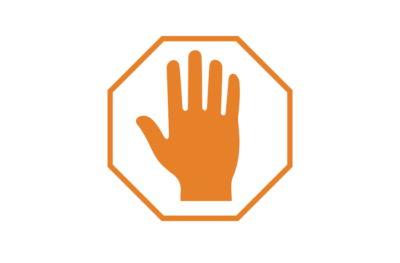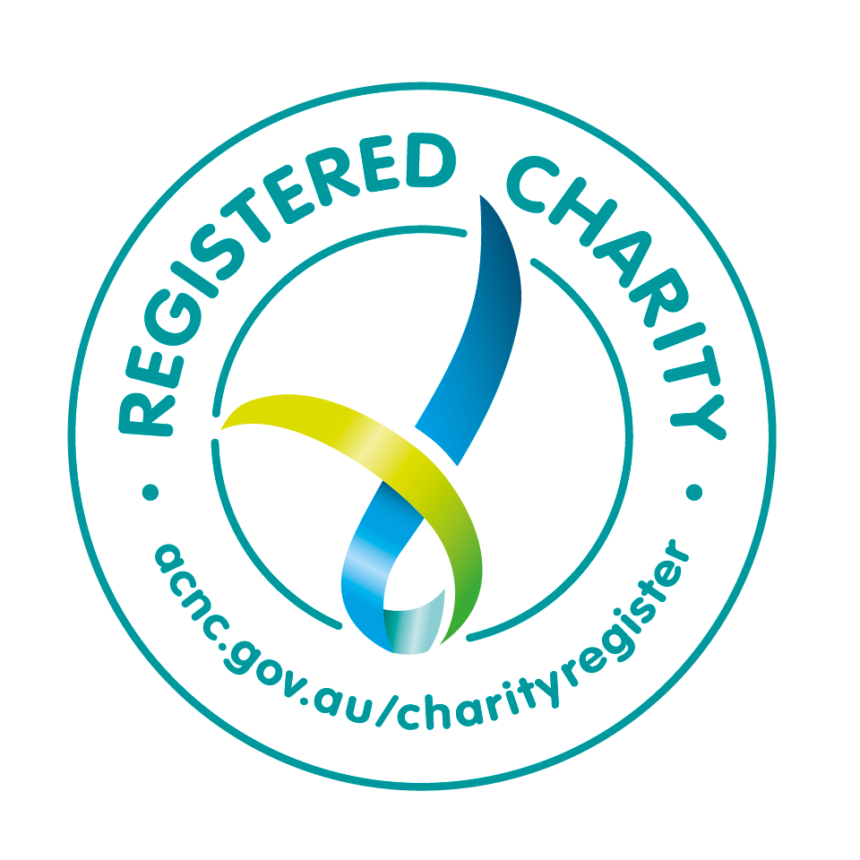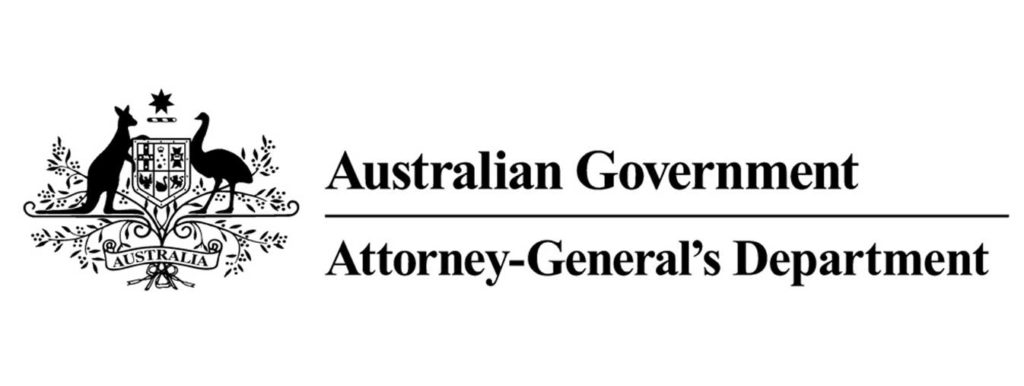 What is Domestic, Family and Sexual Violence?
What is Domestic, Family and Sexual Violence?
Domestic, family and sexual violence is when someone in a domestic relationship with you, including a partner, family or housemate, makes you feel afraid, powerless or unsafe. Domestic, family and sexual violence can also happen after a relationship has ended, including an ex-partner, ex-girlfriend, or previous housemate.
Sexual violence can also occur outside of an existing or previous relationship.
Anyone can experience domestic, family and sexual violence – it happens to people of any age, culture, sex, and community.
Types of domestic and family violence can include:
- Psychological and emotional violence – humiliation, intimidation, control over movements, humbugging
- Physical violence – hitting and punching
- Sexual violence – rape or inappropriate touching
- Financial violence – controlling your money
- Verbal violence – calling you names and swearing at you
- Cultural violence – being rude about your culture and stopping your cultural practise
- Stalking – following you, calling you or texting you when you’ve told them to stop
- Damaging your property, including your house or pets
- Threatening to do any of the above
You and your family members have a human right to feel safe and live without fear. When someone perpetrates domestic, family and sexual violence, it is the offender’s fault and they are breaking the law.
Mandatory reporting in the Northern Territory
In the Northern Territory, it is the law that you must report domestic and family violence if someone has or is likely to cause serious physical harm to a person, or if you are concerned that a person’s life is under serious or imminent threat – this is known as mandatory reporting.
Mandatory reporting incidents must be reported to the Police. If you fail to make a mandatory report and you should have, you may be charged with an offence.
When should I get help with domestic, family and sexual violence?
If you are in danger, you should call Police on 000 or 131 444.
You might consider seeking legal advice if you answer “yes” to any of the below questions:
- Do you have fears for your safety?
- Have you experienced domestic, family and sexual violence?
- Do you want information about domestic violence orders (DVO)?
- Has someone broken the rules of a DVO that protects you?
- Do you want information about the criminal process regarding reporting domestic, family and sexual violence?
- Do you want information about personal violence restraining orders (PVRO)?









